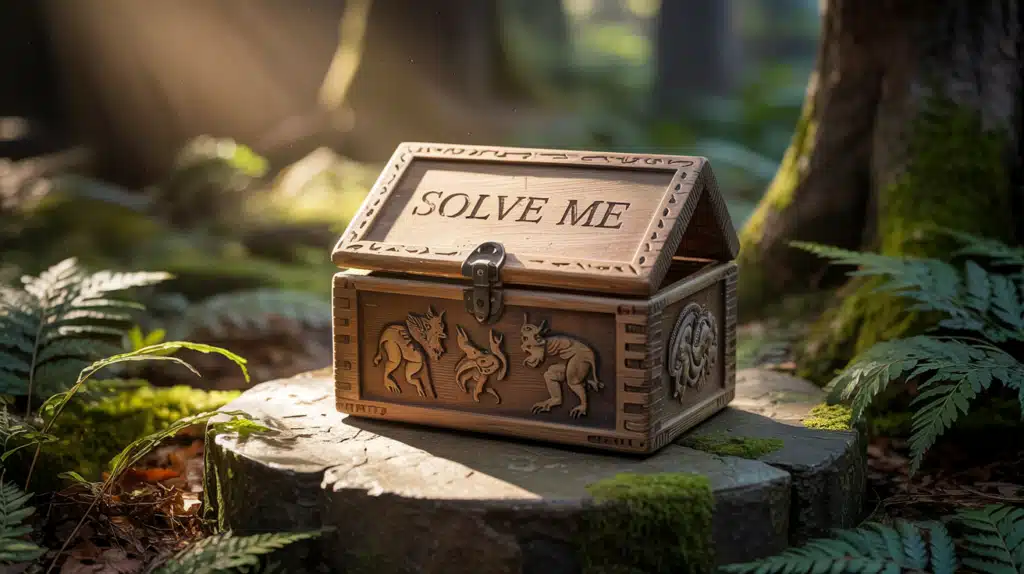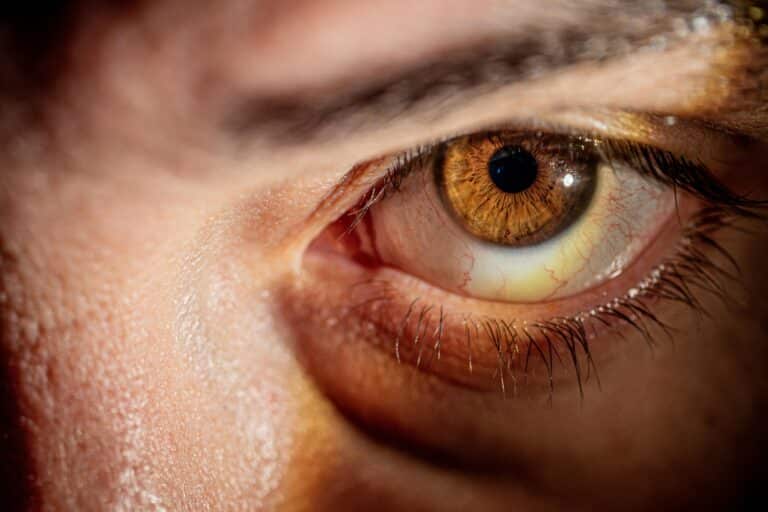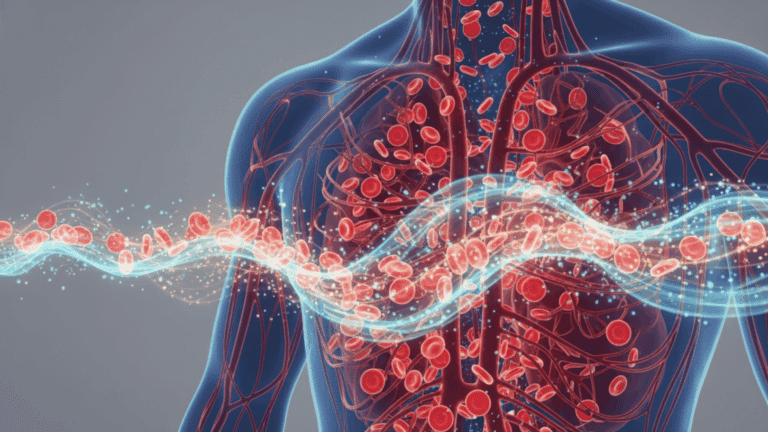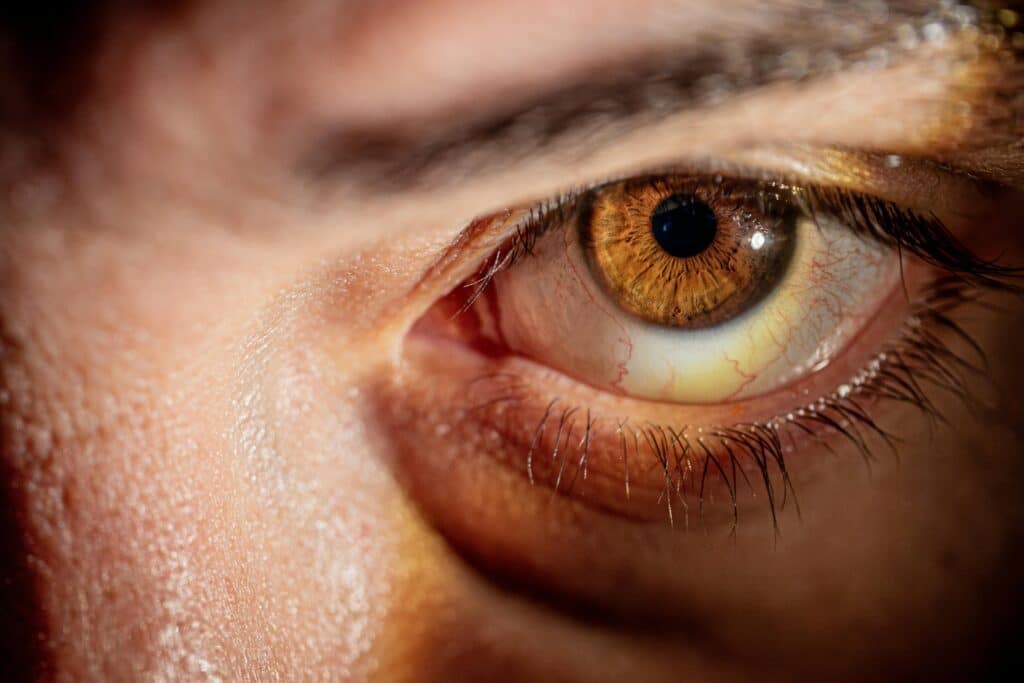I have no life, but I can die. What am I?
Can you solve this tricky riddle? Many people struggle with brain teasers that seem simple but actually make you think twice. It’s so frustrating when a riddle sits on the tip of your tongue, but the answer just won’t come to you.
This guide will help you figure out the answer to “I have no life but I can die what am I?” This popular riddle has stumped many people on social media and at parties, but the solution might surprise you with its simplicity.
Let’s break down this fun brain teaser and look at some similar riddles that will test your thinking skills.
The Answer to Our Riddle Is a Battery
When we think about it, a battery doesn’t have “life” like animals or plants. It’s just an object. But we often say a battery “dies” when it runs out of power.
You might hear someone say, “My phone died” or “The battery is dead.” This makes the riddle clever because it plays with how we talk about batteries in our daily lives.
Batteries store power that helps our toys, phones, and flashlights work. When a battery loses all its charge, it can’t power things anymore – that’s when we say it “died.”
Next time someone asks you this tricky question, you’ll know the answer right away! Batteries may not have life, but they sure can die when they run out of juice.
What Is the Historical Significance of Riddles?

Riddles have been around for thousands of years in cultures all over the world. Ancient Egyptians wrote them on papyrus, while Vikings shared them during long winter nights.
People used riddles not just for fun, but to teach important lessons and pass down wisdom to younger generations.
They were also used as tests of wisdom in many old stories, where solving a riddle could prove someone was smart enough to be a leader.
Even today, riddles help us think in new ways and connect us to this long human tradition of playful problem-solving.
Best Riddles to Test Your Wits
1. What has keys but can’t open locks? A computer keyboard
2. What has a neck but no head? A bottle
3. What can travel around the world while staying in the corner? A stamp
4. What has a thumb and four fingers but is not alive? A glove
5. What has a heart that doesn’t beat? An artichoke
6. What can be broken but never held? A promise
7. What comes down but never goes up? Rain
8. What has teeth but cannot bite? A comb
9. What gets wetter the more it dries? A towel
10. What has one eye but cannot see? A needle
11. What has legs but cannot walk? A table
12. What can fill a room but takes up no space? Light
13. What has cities but no houses, forests but no trees, and rivers but no water? A map
14. What has a face and two hands but no arms or legs? A clock
15. What is always coming but never arrives? Tomorrow
16. What has a ring but no finger? A telephone
17. What has a bed but never sleeps? A river
18. What has a spine but no bones? A book
19. What has a tongue but cannot taste? A shoe
20. What can run but never walk? Water
21. What has a tail but no body? A coin
22. What can you catch but not throw? A cold
23. What is so fragile that saying its name breaks it? Silence
24. What has branches but no fruit, trunk, or leaves? A bank
25. What thrives when you feed it but dies when you water it? Fire
26. What do you buy to eat but never consume? Cutlery
27. What can fill a pocket but takes up no space? A hole
28. What has a bottom at the top? Your legs
29. What is lighter than air but even a hundred people can’t lift it? A bubble
30. What has roots but doesn’t need water? A family tree
31. What can slash without a sword, spin without an axis, and form a ring without a bell? A whirlpool
32. What can be caught but never thrown? A yawn
33. What can you keep after giving it to someone? Your word
34. What has many rings but no fingers? A telephone
35. What is cut on a table but is never eaten? A deck of cards
36. What tastes better than it smells? Your tongue
37. It stalks the countryside with ears that can’t hear. What is it? Corn
38. What building has the most stories? The library
39. What kind of band never plays music? A rubber band
40. Where does one wall meet the other wall? At the corner
41. What word becomes shorter when you add two letters to it? Short
42. What occurs once in a second, twice in a week, and once in a year? The letter E
43. I am tall when I am young and short as I age. What am I? A candle
44. What ascends but never descends? Your age
45. What is full of holes but still holds water? A sponge
46. What has a bark but no bite? A tree
47. What kind of tree can you carry in your hand? A palm
48. What has four eyes but can’t see? Mississippi
49. What has one eye but can’t see anything at all? A hurricane
50. What has words but never speaks? A book
51. What kind of room has no doors or windows? A mushroom
52. What can travel without moving? A shadow
53. What has a horn but does not honk? A rhinoceros
54. What has an ear but cannot hear? A cornfield
55. What has a lock but no door? A keyboard
56. What has a foot but no toes? A snail
57. What has a head, a tail, is brown, and has no legs? A penny
58. What has a neck but no head, two arms but no hands? A shirt
59. What has a tongue that cannot taste, eyes that cannot see, and a soul that cannot die? A flag
60. What has to be broken before you can use it? An egg
61. What has no beginning, end, or middle? A doughnut
62. What has four legs but cannot walk? A chair
63. What can be cracked, made, told, and played? A joke
64. What has many keys but can’t open a single lock? A piano accordion
65. What has a face but no eyes, mouth, or nose? A clock
66. What can run but never walks, has a bed but never sleeps? A river
67. What has a tail but no body? A comet
68. What has hands but cannot hold anything? A clock
69. What has cities but no houses, forests but no trees, and rivers but no water? A map
70. What has a ring but no finger? A bell
71. What has a heart that doesn’t beat? A dead battery
72. What has four legs but cannot walk? A table
73. What can be caught but not thrown? A shadow
74. What is so fragile that saying its name breaks it? Silence
75. What can fill a room but takes up no space? Sound
76. What has a tail but no body? A comet
77. What has a tongue but cannot taste? A flag
The Bottom Line
Thinking about objects in new ways helps us get better at solving puzzles. Batteries power our daily gadgets without having “life,” yet we commonly say they “die” when empty.
Why does this matter? Brain teasers like this one help keep our minds sharp and teach us to look at words from different angles. They’re fun ways to challenge ourselves and our friends.
Try sharing this riddle at your next get-together and see who can figure it out! Or check out our other articles with more brain teasers that will test your thinking in new ways.
Did you guess the answer before reading? Let us know in the comments below!
















